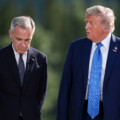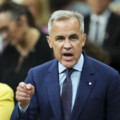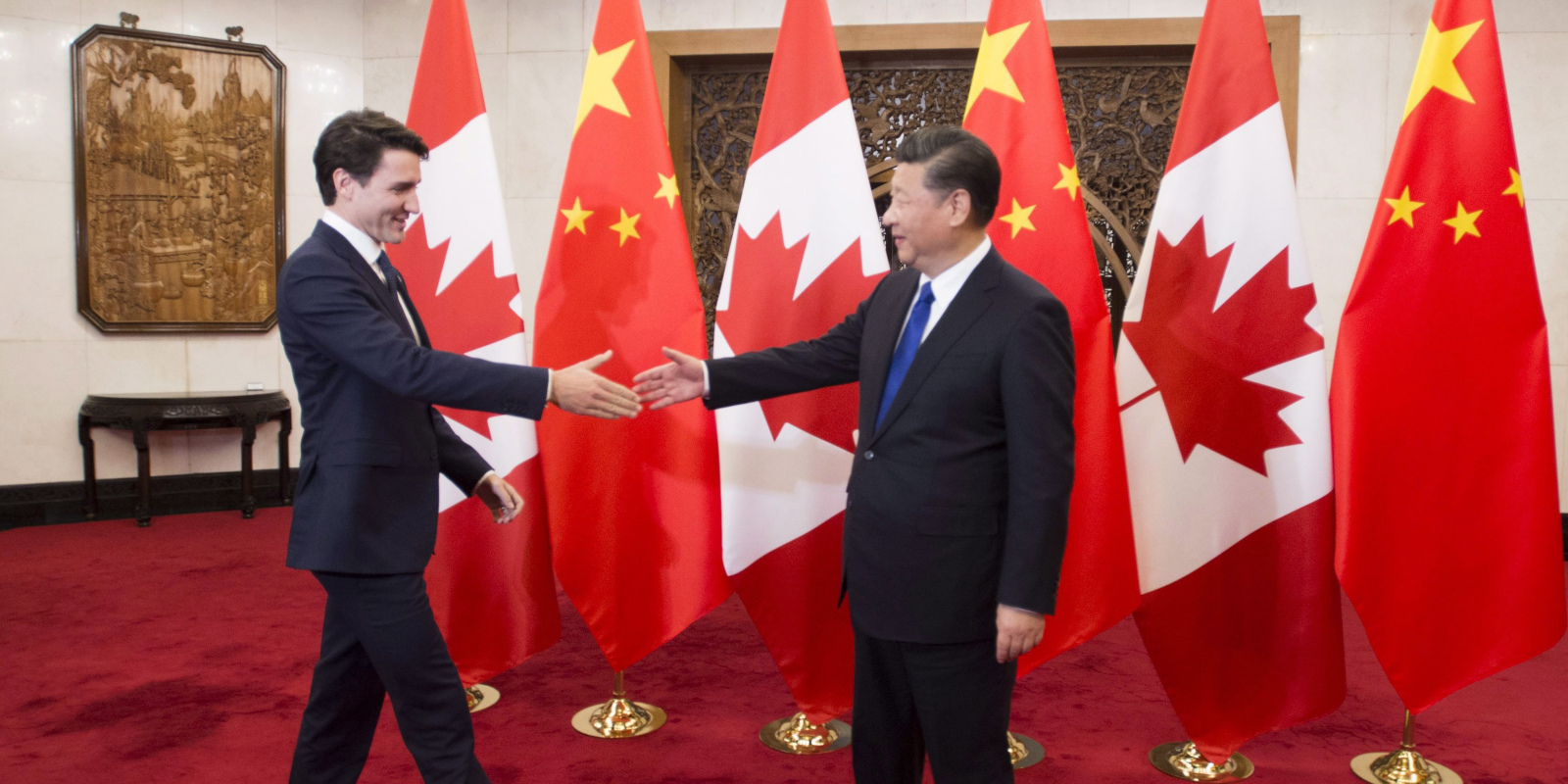It has been 868 days since the Chinese government arbitrarily detained Canadian citizens Michael Kovrig and Michael Spavor, having kept them in custody since December 2018. It has been 39 days since they were submitted to a closed trial on dubious charges of espionage.
It has been 482 days since China first reported to the World Health Organization the existence of a cluster of pneumonia cases in the city of Wuhan. A cluster that would rapidly spread and, aided by the Chinese government’s initial denials and coverups, go on to cause worldwide disruption. The COVID-19 pandemic has claimed over 3 million lives across the globe to date.
It has been 63 days since the Canadian parliament passed a non-binding motion recognizing that the Chinese government’s treatment of the Uighur Muslim population constitutes genocide.
It should be no surprise that Canadians increasingly believe the Chinese Communist Party government led by Xi Jingping has not been a responsible global citizen.
Seventy-five percent of Canadians are uneasy with the prospect of China becoming the next global superpower, according to a survey conducted by Public Square and Maru/Blue and provided exclusively to The Hub.
The Chinese government’s lack of respect for democracy is the largest factor driving this sentiment, with 77 percent of uneasy respondents citing this as the primary reason for their concern. A mere 16 percent of respondents attributed their uneasiness to fears over losing their jobs to manufacturing abroad, while 55 percent expressed some worry about Canada losing control over its supply chain.
Duane Bratt, a political science professor at Mount Royal University, said that while attitudes towards China have been worsening for a while, the COVID-19 crisis has exacerbated the situation.
“Relations were bad with China pre-COVID. And then they just escalated after COVID, where there’s a lot of blame that goes towards China. Not in a conspiratorial sense that they actually created it, but that they didn’t warn the rest of the world quick enough. That lack of transparency took a bad situation and it made it a lot worse,” said Bratt.
These negative sentiments towards China are not limited to Canada but broadly shared in other western democracies as well, said Yuan Zhu, a lecturer in politics at Pembroke College at the University of Oxford in the United Kingdom.
There are a host of reasons for this, he said.
“China’s handling of COVID has been one immediate factor, but by no means the only one. Concerns over its treatment of minorities, its increasingly aggressive foreign policy, the fate of Hong Kong, trade wars, and disquiet over Chinese influence in western countries have all contributed to this. Many of these concerns are not new, but they have certainly assumed a new salience in recent years, and are affecting western perception of China accordingly. Finally, there are Canada-specific factors, chiefly the fate of the two Michaels,” he said.
Additionally, 65 percent of uneasy respondents in the Public Square and Maru/Blue poll were worried about the Chinese government imposing its will on Canada, and 53 percent were concerned about the Chinese government spying on Canada and its citizens.
Canadians are correct to be worried in this manner, said Charles Burton, senior fellow at the Macdonald-Laurier Institute’s Centre for Advancing Canada’s Interests Abroad and a former counsellor at the Canadian Embassy in Beijing.
“The Chinese government is hostile to Canada’s liberal democratic purposes, and to our alliances with like-minded middle powers. I think Canadians have a right to feel that China’s intentions towards Canada are self-serving and hostile to democratic norms of citizenship and freedom of expression,” said Burton.
If Canadians are broadly united in worry towards China, why has the Canadian government been so loath to act in accordance with public opinion?
Given the huge disparities in size and power between the countries, Canada is in a difficult position when responding to China’s coercion and malign activities. But Burton counsels that it is important to do so regardless. There are meaningful actions we can take, he said, such as declaring persona-non-grata any Chinese diplomats who engage in menace and harassment, cracking down on espionage operations in Canada, and retaliating against any form of coercion, whether that be tariffs or hostage diplomacy.
Both Zhu and Burton are optimistic, though. “Canada has limited leverage vis-a-vis China, although it is by no means powerless. But any concerted Canadian effort at balancing against China will have to be undertaken in collaboration with allies, both traditional and new,” said Zhu.
Burton is confident that China is not as monolithically powerful as it wants us to perceive, but he says it is imperative that Canada unites with like-minded countries to pose a common front. By banding together we would negate the power of China to take advantage of asymmetrical bilateral relationships, he said. And Canada does not need to be dependent upon China — it might not be easy, but we can wean ourselves off that market if we have the will to do so.
“Canada’s in a strong position to defend itself from China because the dependence of our external trade on China is relatively small, it’s less than 4 percent of our total external commodity trade. And most of that trade is in agricultural commodities, and minerals, which have a world market. So if we retaliate against China’s flouting of the rules-based international order and China attempts to retaliate by limiting Canadian exports into China, with some period of disruption, Canada could seek markets for those exports elsewhere. So the cost to Canada would not be devastating,” said Burton.
Ultimately, whichever path Canada takes, either further appeasement or a harder line in conjunction with our allies, it must commit one way or the other, said Zhu.
“There is a tendency in Canadian foreign policy of trying to be everything to everyone, charting a middle course between great power rivals; this posture is looking increasingly less tenable, both on moral and on practical grounds.”
Recommended for You

Kirk LaPointe: B.C.’s ferry fiasco is a perfectly Canadian controversy

‘I want to make Canada a freer country’: Conservative MP Andrew Lawton talks being a newbie in Parliament, patriotism, and Pierre Poilievre’s strategy

‘Putin has no intention of stopping this war’: Sir Bill Browder on three years of war in Ukraine and how Russia is evading sanctions

The Notebook by Theo Argitis: Trump halts trade talks, Carney’s trade-offs and John McCallum’s legacy




